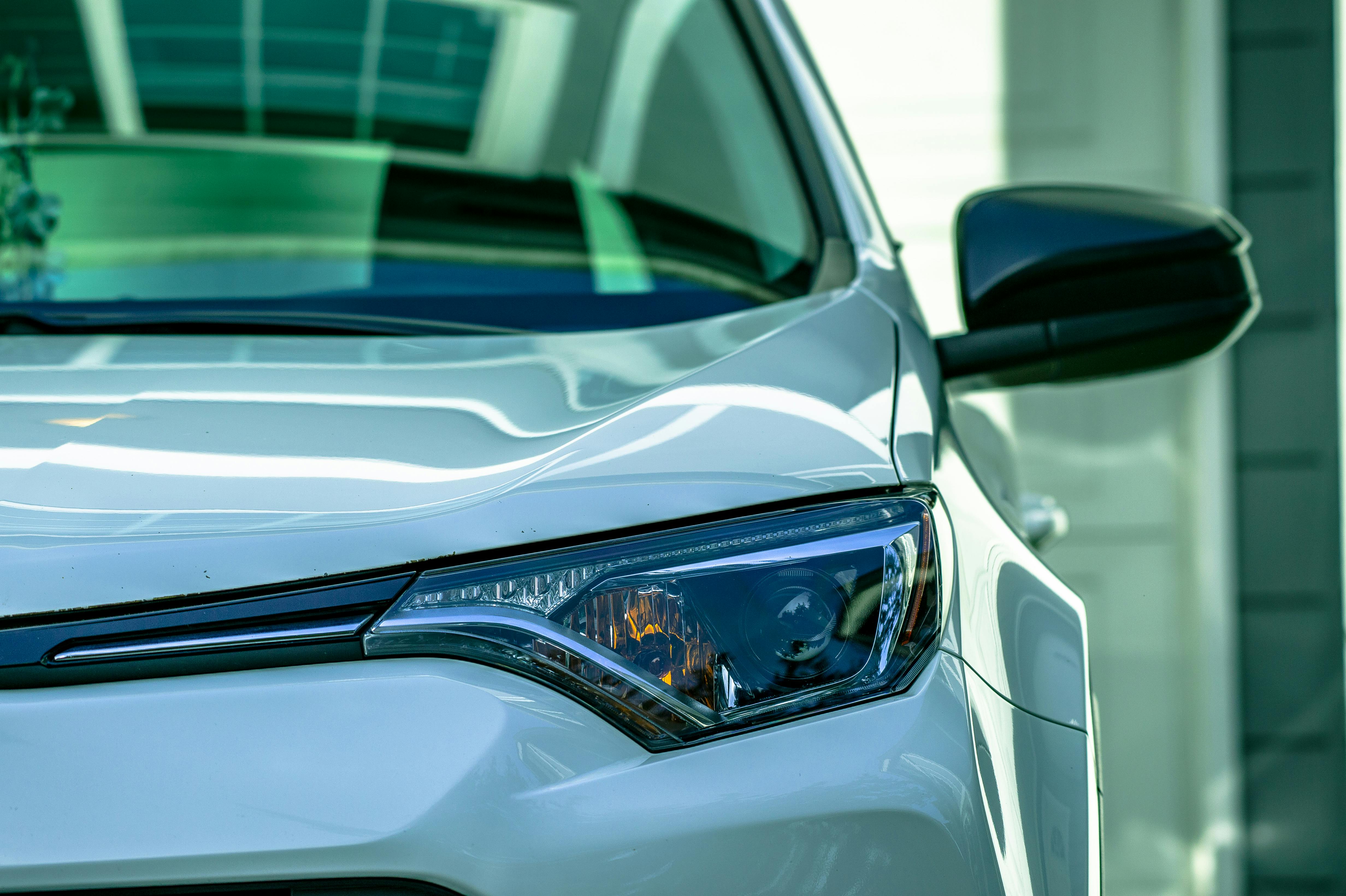Japanese cars come with a long list of reasons to buy them, with the main reasons being reliability, fuel economy and longevity. Face it; there are Japanese vehicles on the road today that are twenty years old or more. Each year, Warranty Direct, an independent mechanical breakdown insurer, compiles a list of the 20 best cars in the world. And most of the vehicles that appear in the top 20, usually around 16 of them, are Japanese vehicles. Most of the time, the Honda Accord is sitting at number one.
How does Warranty Direct classify these vehicles? They review the database of vehicles sold the previous year and then rank them based on their performance and frequency of failures during the year. The list includes both new and used vehicles, with used vehicles being purchased more than new.
So what were the ten most reliable Japanese cars of last year?
1 Honda accord
2.Subaru Forester
3Mazda MX-5
4.Mitsubishi Charisma
5.Toyota Yaris
6 Honda Civic
7. Nissan Almera
8 Honda CR-V
9.Toyota RAV4
10.Nissan Micra
The British-built Jaguar X-Type was placed at number 13, the highest non-Japanese vehicle to make the list. The Mercedes Benz SLK appeared at number 25, the first place German cars appeared.
Used car experts agree that people looking to buy cars that are reliable and won’t break down should buy any vehicle made by a Japanese automaker. Statistics from Warranty Direct support this assessment, and many car experts will agree and even advise people to buy a used Japanese car.
Volvo came in 15th place with the S/V40, the highest place the Swedish manufacturer achieved on the list. Ford’s Ka was ranked 22nd, followed by Hyundai’s Lantra and Citroen Xsara.
As today’s consumers are more cautious about the vehicles they buy, reliability seems to be the main reason for choosing a Japanese car. However, it is not the main consideration that people take into account when choosing one specific model over another. Japanese used cars require less maintenance than most other brands, and consumers would rather drive their cars than spend money on expensive garage bills. With basic care and maintenance, a Japanese car can go over 200,000 miles, enough to remove production dust from its system.




